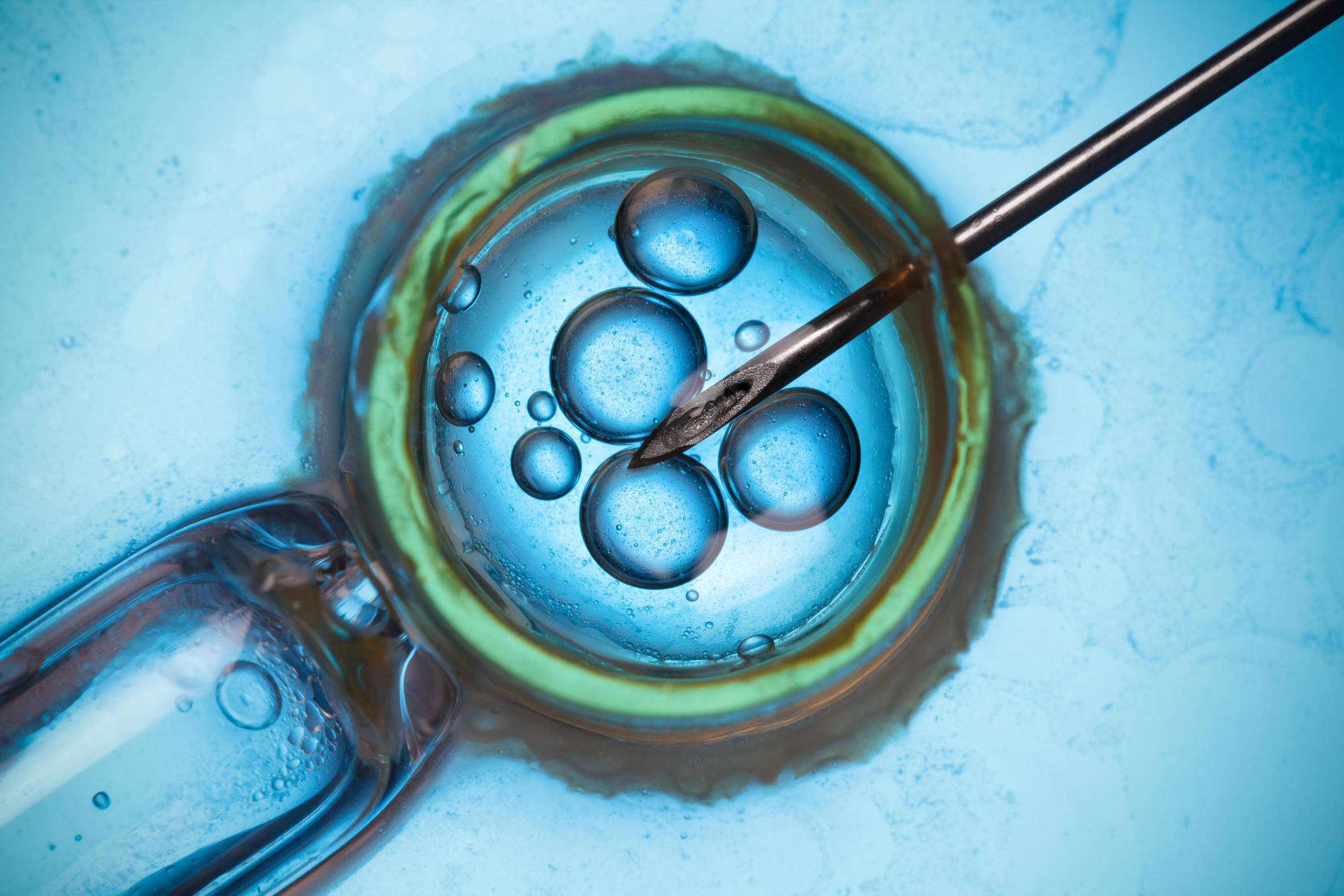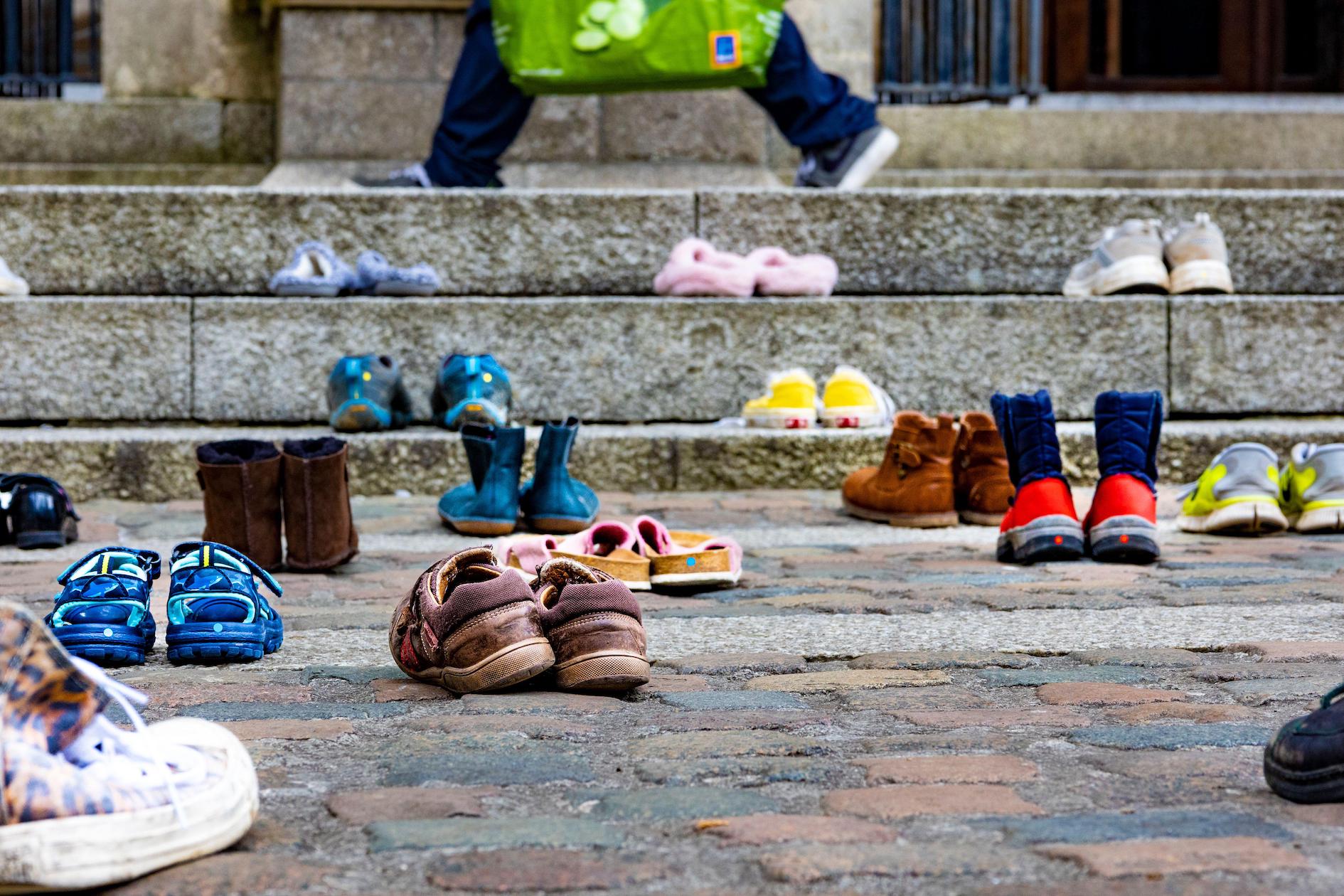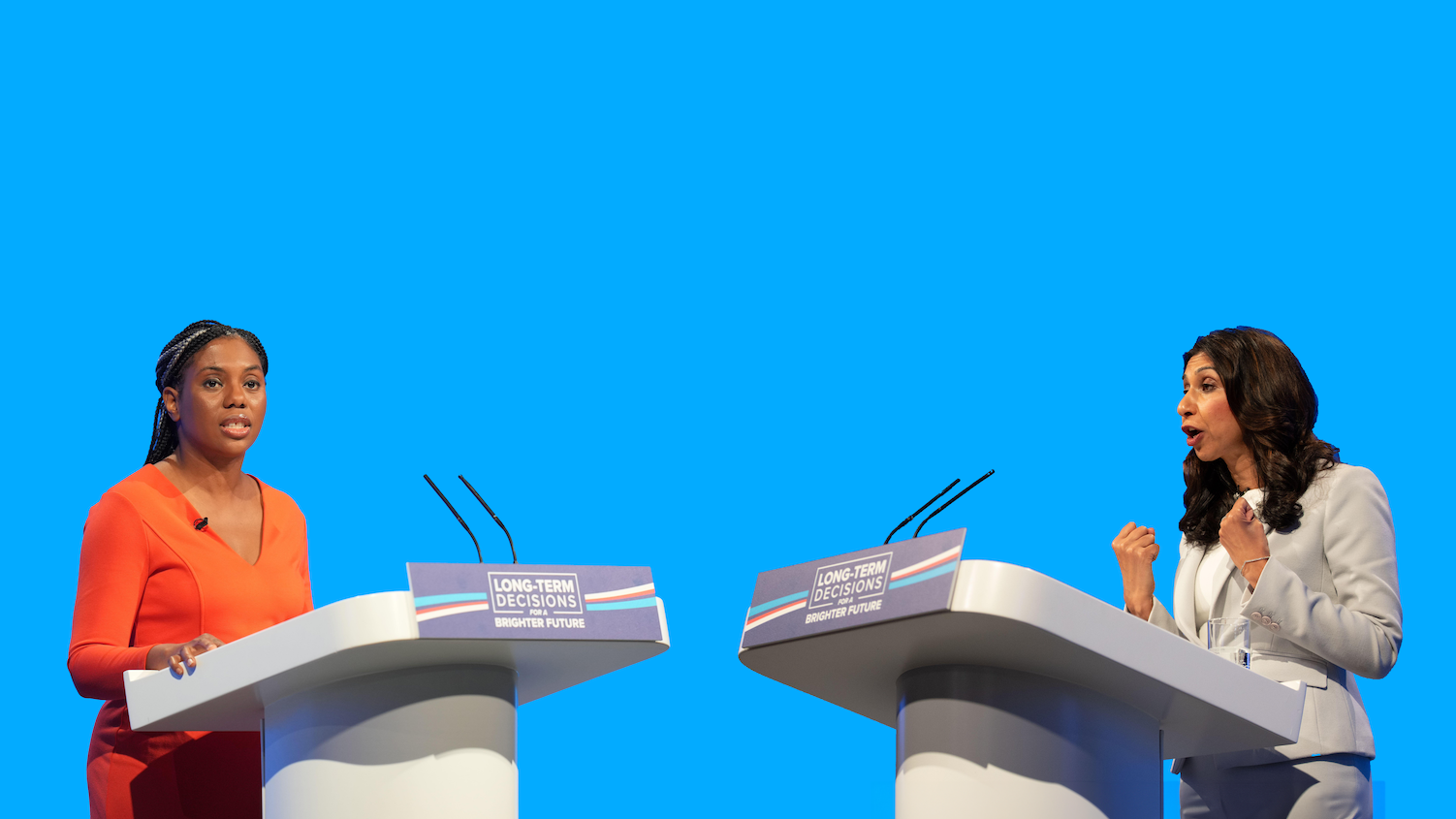The King started cancer treatment within a fortnight - why do the rest of us have to wait?
My dad discovered he had cancer in similar circumstances to King Charles. But unlike the King, he wasn’t diagnosed or commencing treatment within two weeks - it took months. He died within a year of his diagnosis.
The news that King Charles has been diagnosed with a form of cancer has triggered an outpouring of public support, and a repeated phrase keeps coming up - cancer does not discriminate.
While the origins of the sentiment are sound - it is obviously true that anyone can get cancer, no matter what walk of life they hail from - the reality is that privilege, wealth and access to fast, efficient healthcare, all have a significant impact on cancer patient’s outcomes and chances of survival.
We are seeing this play out in real-time following the diagnosis of the 75-year-old monarch.
The King’s illness was discovered following an unrelated, elected surgical procedure to treat a benign prostate enlargement. The surgery took place in the last week of January. Now, in the first week of February, a diagnosis has been confirmed and King Charles has already “commenced a schedule of regular treatment,” according to the official statement from Buckingham Palace. He is now due to step back from official work duties, under the advice of his doctors, with Prince William poised to deputise for him.
A quick diagnosis caught at an early stage, immediate treatment with no delays, freedom to stop work to focus on healing and recovery. It is fantastic that the King is being treated with such care. These are the circumstances that provide the very best chances for people with cancer. This is exactly how the system is supposed to work. However, it doesn’t - not even in the best case scenario. It certainly didn’t work like this for my dad.
NHS cancer targets in England have recently changed. Up until October last year, the aim was that you could expect to see a specialist with an urgent referral for suspected cancer within two weeks. But this timeframe was doubled last year: now, the somewhat ironically named Faster Diagnosis Standard (FDS) says you should not wait more than 28 days from referral to finding out whether you have cancer or not. That’s almost a month just for a diagnosis. Starting treatment of a disease where every week matters involves another wait. In England, Scotland and Northern Ireland, the current target is there should be no more than two months (62 days) wait between the date the hospital receives a suspected cancer referral and the start of treatment.
Even if every single target is hit, that could still leave you with three months of waiting between first seeing your GP and having any form of treatment. (This is assuming you can see a GP at short notice, which is not the case for many of us. One in 20 patients has to wait at least four weeks to even see a GP - another month before these three months even begin).
But even these targets are not being met. In the summer of 2023, cancer waiting times across the NHS in England had got worse, with only 61% of patients receiving treatment within two months of diagnosis, down from 63.5% in spring. The target is 85%. Further analysis around the same time revealed a “shocking gap in cancer care” as fewer than 3% of England’s NHS trusts met the waiting-times target for cancer patients to be treated within two months. Leading doctors also criticised the government for “fiddling around” with cancer targets in the middle of an NHS crisis, with Pat Price an oncology professor at Imperial College London telling the BBC she was “deeply worried” because “the clear and simple truth is we are not investing enough in cancer treatment capacity”.
“It is possible to hold both sadness and empathy for anyone who receives a diagnosis of this brutal disease, and also question a system that upholds inequality and fails minoritised groups.”
My dad, Tony, discovered he had kidney cancer in similar circumstances to King Charles: during a routine prostate test where the initial red flags were raised. However, unlike the King, he certainly wasn’t diagnosed or receiving treatment within two weeks. A correct diagnosis took weeks, and then treatment didn’t start for another two months. He died on August 1st 2020, around nine months after his diagnosis. Quicker treatment might not have saved his life - his cancer was aggressive - but it could have given us more time together. More recently, another close family member has received a cancer diagnosis following weeks of conflicting information from doctors. She then waited the full two months to receive any treatment at all - an agonising time for our entire family.
Far from proving that cancer is some kind of ‘great leveller’, the King’s illness is emphasising just how unequal cancer diagnosis, treatment and, subsequently, outcomes, have become in the UK. This is not simply an imbalance that exists between royalty and the masses: this is just the uppermost and most blatant level of a deep-seated inequality that has been allowed to spread to near-Victorian levels, pervading every level of social divide. Black and Asian people wait longer for cancer diagnosis and treatment than white people. Black women are more likely to be diagnosed at a later stage for certain cancers. Nothing about this is ‘level’.
“Pauper or prince, cancer does not discriminate,” reads an article published by the Yorkshire Post this week. “It is a destructive disease that rips families to pieces on a daily basis, with no regard for who you are or what your privileges might be.” The piece goes on to urge people not to say anything about the King’s diagnosis unless you say “something nice”. But it is possible to hold both sadness and empathy for anyone who receives a diagnosis of this brutal disease, and also question a system that upholds inequality and fails minoritised groups.
The candour and alacrity of the King going public with his cancer diagnosis is unprecedented and likely a good thing. It prevents speculation; but it also creates space for public conversation around an illness that is still shrouded in stigma, shame and fear. Hopefully his honesty will lead people to talk about symptoms and getting checked out - indeed, searches for enlarged prostate and prostate cancer skyrocketed even before the announcement was made. But it can’t stop there - with an individual responsibility for our own personal health. It needs to refocus the spotlight on the failings that have led to unequal wait times and put pressure on the government to act.
Macmillan offers support for anyone grappling with a diagnosis, living with cancer, or loved ones caring for someone with cancer. If you need to talk, call them on 0808 808 00 00, or visit their website to chat with trained advisors online.
The Lead is now on Substack.
Become a Member, and get our most groundbreaking content first. Become a Founder, and join the newsroom’s internal conversation - meet the writers, the editors and more.





